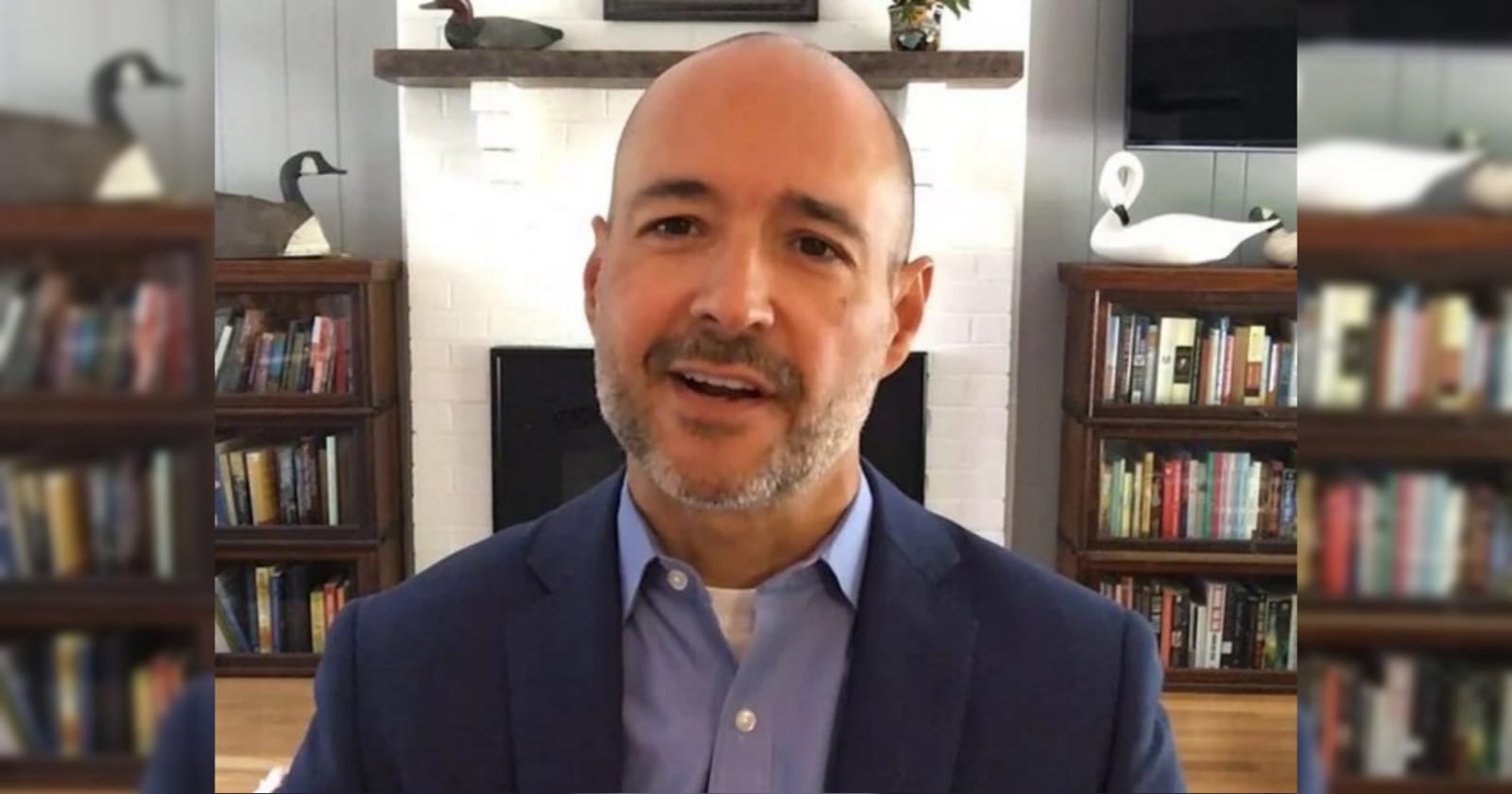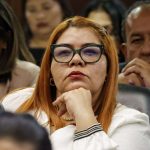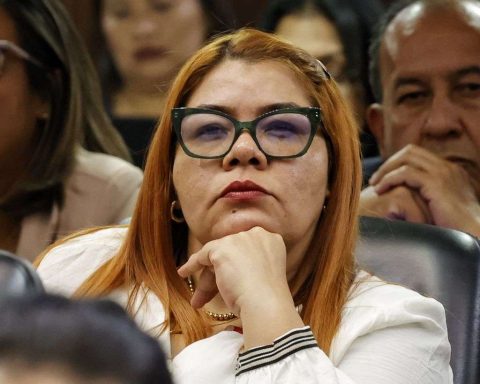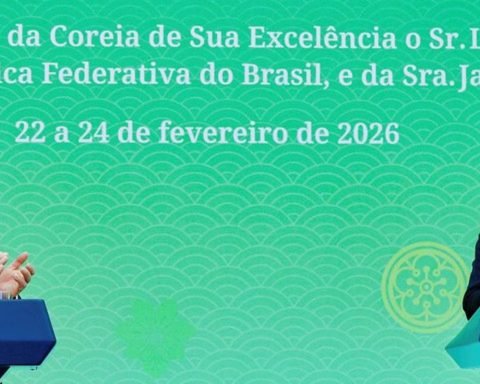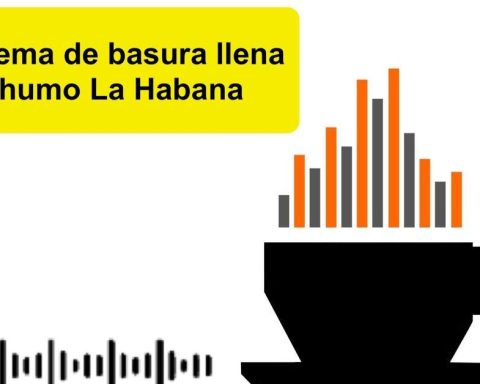The nomination of a new United States ambassador to Nicaragua shows that the Joe Biden government continues to give “relevance” to the relationship it maintains with Nicaragua “although it does not necessarily sympathize with what the regime is doing” in the country, he told Article 66 Daniel Ortega’s former ambassador to the Organization of American States (OAS) Arturo McFields.
The former Nicaraguan diplomat reported that the confirmation of Hugo Rodríguez as the new representative of the US administration in Nicaragua is already in the hands of the Senate Foreign Relations Committee since last Monday, May 9, and that he does not believe that there are “obstacles” that block the arrival of Biden’s new envoy.
“It is a long and complex confirmation process, it can be three months, six or even cases such as the designated ambassador to the OAS, Mr. Frank Mora, who to date has not been confirmed by Congress, the proposal was sent in August 2021, is the date and it has not yet been confirmed,” he assured.
Related news: Leopoldo López questions the lack of unity in Nicaragua that is “exacerbated by the repression” of Ortega
McFields assured that Biden’s new envoy “is not going to be a mute ambassador”, but will be “quite dynamic” to represent the interests of the United States with Nicaragua: human rights, democracy and commercial sphere, which generally “never change” independently to change a Democratic or Republican administration. sends a new ambassador because “the relationship with Nicaragua is important”
«(Hugo) Rodríguez, many people do not remember him, but in 2019, the Trump administration left him in charge as number two for issues in the Western Hemisphere, it is a position of great importance, he handled the issues of our region, Latin America and the Caribbean. He is a person who knows the region, who is not in a bubble, who knows the challenges facing democracy in Nicaragua, but also in Latin America. He had some pronouncements in the past about the situation in Nicaragua », he affirmed.
Maintain a “foreground” relationship with Nicaragua
McFields stated that when the United States sends an ambassador it is because he believes that “the relationship with Nicaragua is important, he is not saying that he likes what Ortega is doing in Nicaragua, but he (President Joe Biden) considers that it is important to have a relationship of close-up, not as minister-counselor, not as attaché».
“A new ambassador means an important relationship, but it also means an ambassador who comes to have a leading role, not to get involved in the internal affairs of the country, but to represent that defense of human rights or issues of security, trade and migration, issues that the United States has always handled and that they are going to have an ambassador who is going to be quite vocal in defending the interests of his country in Nicaragua,” he said.
Ortega feared withdrawal of Biden’s ambassador after “electoral fraud”
The former official of the regime of Daniel Ortega and Rosario Murillo revealed that within the Nicaraguan dictatorship there was speculation that the United States would withdraw its ambassador to Managua, Kevin Sullivan, after the “fraudulent elections” of November 2021.
“In January (2022) when I was still a government official, I remember that during the dictatorship there was a lot of speculation that after the fraudulent elections that Daniel Ortega ran without competition, the United States was going to withdraw the ambassador it has in Managua and Nicaragua was also going to be the same, supposedly. There was a 90% belief in the government that they were going to be left without an ambassador,” McFields said.
And what was the big surprise? That January came and things remained in the same state. The status quo of the US-Nicaragua relationship was maintained. That was a great surprise for the Sandinista government. They were surprised that things didn’t change,” he added.
The United States and some 40 other countries did not recognize the results of the presidential voting last November. The independent organization Urnas Abiertas estimated that the level of abstentionism was more than 80%, in addition to this, seven presidential candidates were imprisoned and three parties banned.
